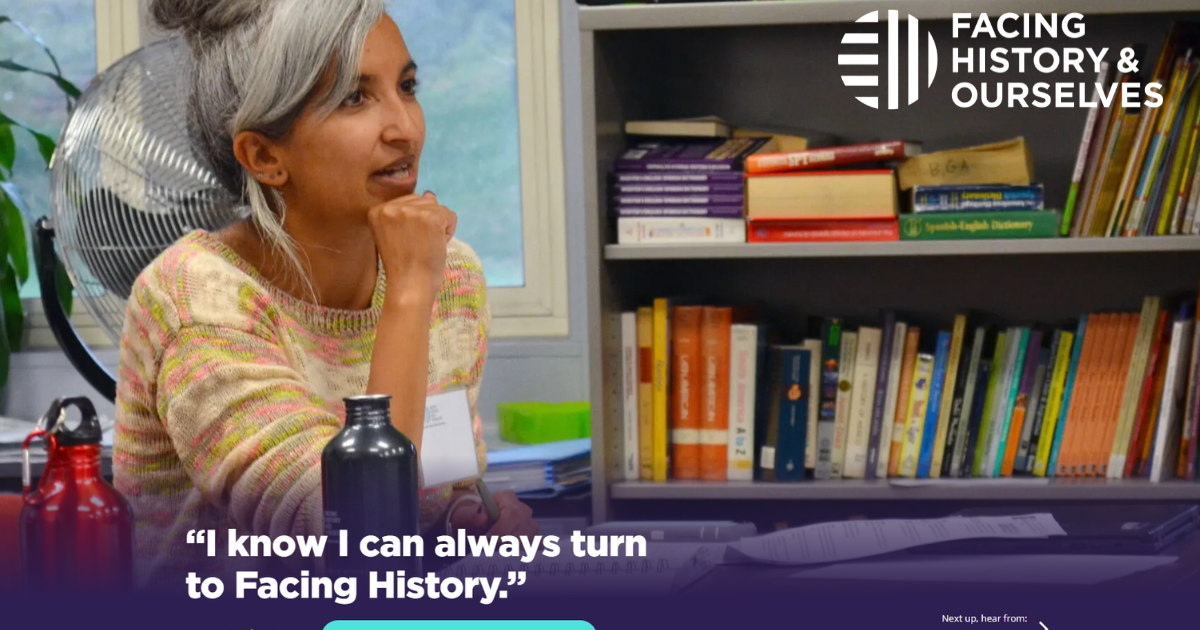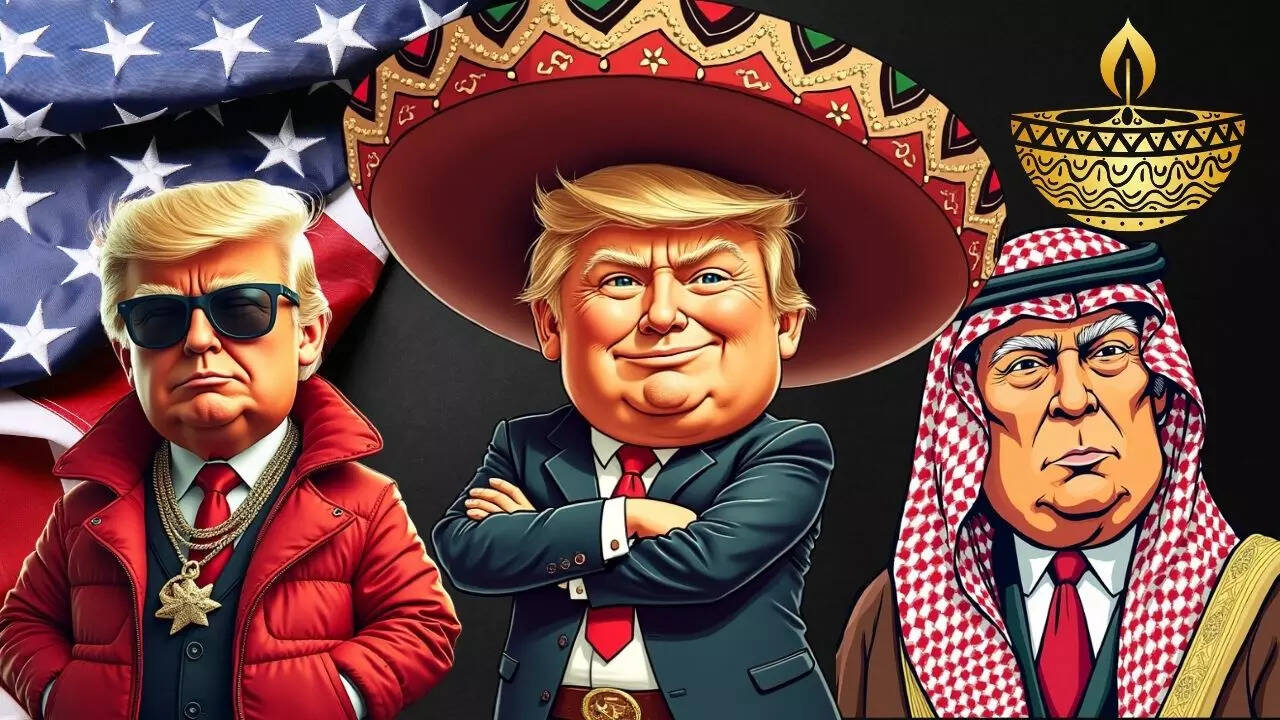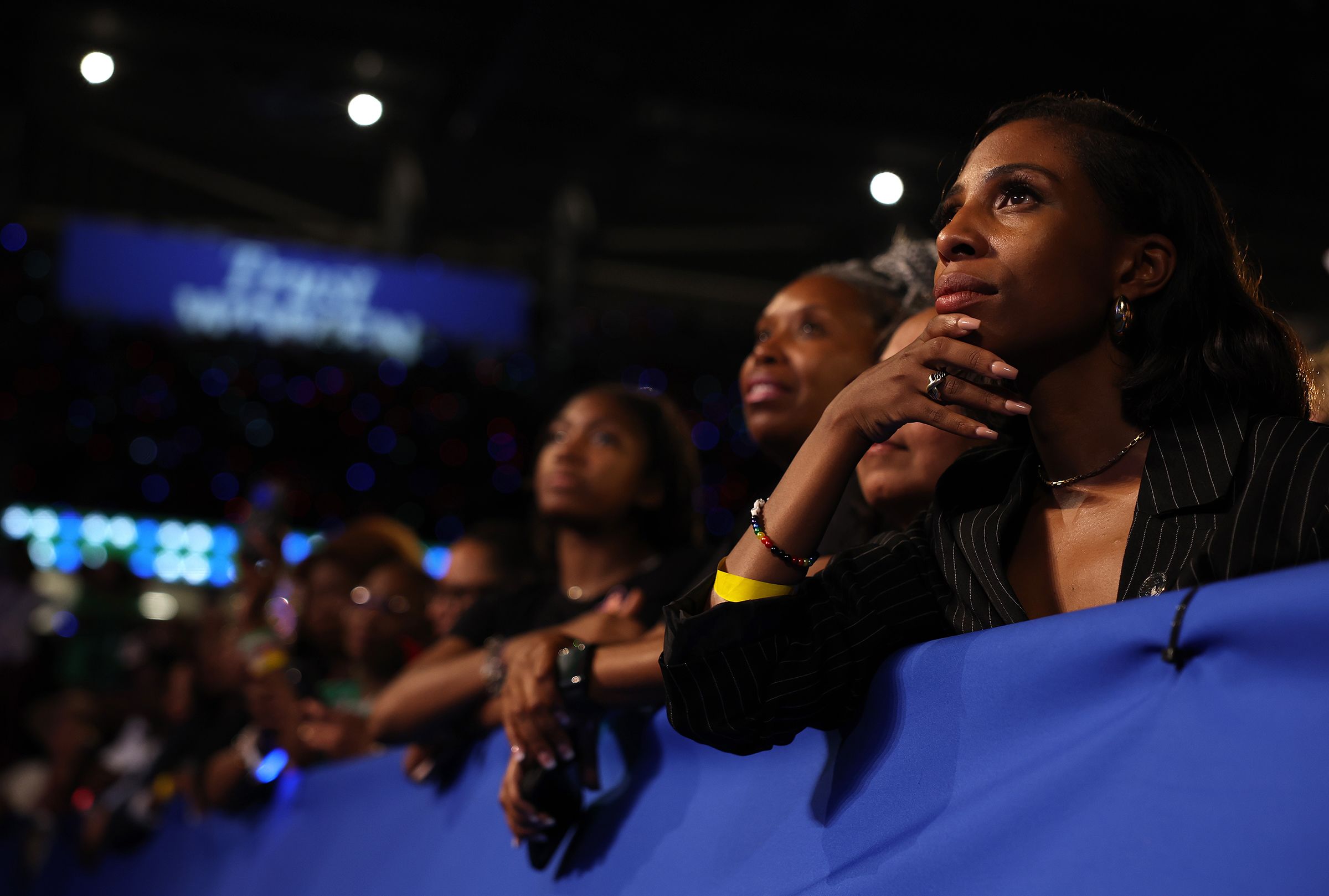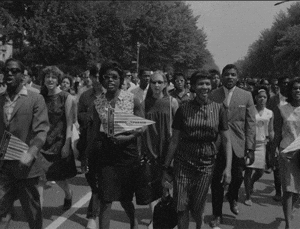- BlackVoter.Org
- Posts
- BLACKVOTER.ORG
BLACKVOTER.ORG

In a powerful open letter, distinguished scholars from the African American Intellectual History Society (AAIHS) have voiced their outrage over the organization’s acceptance of a prize from Tel Aviv University amid the ongoing crisis in Palestine. They emphasize the deep hypocrisy of championing Black radical traditions while aligning with institutions tied to state violence and imperialism against Palestinians.
The authors, including notable figures like Angela Davis and Keeanga-Yamahtta Taylor, call for AAIHS leadership to denounce the destruction in Gaza and assert their commitment to international solidarity. They warn that silence not only undermines the integrity of Black intellectual discourse but also betrays the core values of freedom and justice that underpin their work.
The letter urges the AAIHS to take a clear stand, drawing on its legacy of activism to support the call for Palestinian self-determination. This urgent discussion highlights the need for unity in addressing global injustices.

Facing History & Ourselves is an inspiring educational organization dedicated to empowering teachers and students to confront racism, antisemitism, and other forms of hate through the lessons of history. Their innovative approach connects past choices to present challenges, promoting a more just society.
With a rich repository of teaching resources, professional learning events, and inquiry-based programs, educators are equipped to foster civil discourse, critical thinking, and civic engagement in the classroom. From tackling difficult historical topics to engaging students in dialogues about current events, Facing History encourages participants to reflect on their roles as active citizens.
Join a vibrant community focused on promoting democracy and inclusivity—because facing our history isn’t just about learning; it’s about shaping a better future.

In a thought-provoking piece, author Theodore R. Johnson explores the pivotal role of Black voters in the upcoming election.
Recent conversations in Wisconsin and North Carolina reveal a diverse spectrum of opinions among the Black electorate, from first-time enthusiastic voters to those disillusioned by the political landscape. Johnson emphasizes the urgency of understanding the nuanced perspectives within the community, warning against misinterpreting their sentiments.
As some Black voters drift toward nativism or consider candidates like Donald Trump, the piece underscores the critical message of Black America: the future of the nation hangs in the balance. Through these discussions, Johnson advocates for a deeper engagement with the issues affecting Black communities and calls for a collective, informed response to shape a more inclusive democracy.
The article ultimately posits that the choices made by Black voters will resonate far beyond the ballot box, signaling truths about America's identity and direction.

In a groundbreaking move, President Joe Biden publicly apologized to the Gila River Indian Reservation for the historic trauma inflicted upon Native American children through forced removals to residential schools. This apology marks a significant moment as it's the first acknowledgment of such wrongdoing by a U.
S. president, following years of systemic violence that stripped many Indigenous children of their culture and identity.
As the 2024 election approaches, Native American communities—often overlooked in political agendas—are gaining newfound attention, with a surge in efforts to mobilize voters. Native advocacy groups are strategizing to translate this apology into real change, pushing for key demands such as the Truth and Healing Commission Bill and greater investments in language revitalization.
With nearly 6.8 million Native Americans eligible to vote, their collective power could sway crucial races, turning a long-overdue apology into a catalyst for meaningful reform.


In the lead-up to the 2024 U.S.
Presidential Election, Donald Trump is surprising many by gaining support among minority voters traditionally aligned with the Democratic Party. Despite mainstream media painting Trump as a white supremacist, he’s making significant headway among African Americans, Indian Americans, Latinos, and even Arab Americans.
His appeal lies in economic issues, conservative values, and connections to leaders like India’s PM Modi. Notably, 18-20% of Black male voters are showing interest in Trump, reflecting a growing discontent with Democratic policies.
While Trump faces criticism for a misguided Puerto Rican joke, his messaging on safety and economic growth resonates with Hispanic voters, many of whom view him favorably—despite earlier missteps. With support from diverse demographics, this election could challenge long-standing party affiliations, leaving Democrats to reassess their strategies and foothold among these crucial voting blocs.

In the lead-up to the 2024 election, polling experts Celinda Lake and Amanda Iovino highlight a striking and widening gender gap exacerbated by educational divides. The latest data from Pew Research shows that non-college-educated men lean towards Trump, while college-educated women favor Harris, with a staggering 43-point difference between these groups.
This political divide isn't just about gender; it's a clash of two Americas, each with distinct economic concerns and media consumption habits. While Trump resonates with working-class anxieties, Harris appeals to educated women on issues like abortion rights.
As both candidates solidify their bases, the challenge looms large: Can either bridge the gap between these polarized groups? The stakes are high, as the outcome may hinge on understanding the contrasting priorities and perspectives that shape American voters today. The dichotomy could redefine future elections, igniting conversations on unity and common ground in an increasingly fragmented political landscape.

In the final weeks of the 2024 presidential race, Democrats, led by Future Forward PAC (FF PAC), are launching an aggressive digital ad blitz to support Vice President Kamala Harris. With a staggering $450 million budget—half dedicated to digital platforms—FF PAC is making waves with what’s claimed to be the largest political ad buy in YouTube history.
The strategy focuses on issues like the economy and abortion, targeting key demographics including younger voters and people of color. Unlike typical ads, they’re employing over 1,000 uniquely tested ads to resonate with non-political audiences.
This initiative reflects a shift toward analytics-driven campaigning as they aim to counteract an equally formidable GOP agenda. As election day nears, FF PAC’s digital-first strategy and substantial backing from wealthy donors position it as a game changer in one of the closest elections in U.
S. history.

Latino politicians rallied against offensive comments made by comedian Tony Hinchcliffe at a Donald Trump rally, where he described Puerto Rico as a "floating island of garbage." Illinois state Rep.
Lilian Jiménez passionately condemned the remarks at a recent press conference, asserting that such "nasty rhetoric" reflects underlying prejudices held by some in the Republican Party. U.
S. Rep.
Delia Ramirez echoed these sentiments, questioning the lack of outrage if similar words were directed at a predominantly white community. In response to the controversy, Trump distanced himself from the comedian, claiming he wasn't familiar with him.
Meanwhile, local politicians encouraged Puerto Ricans to mobilize voters ahead of the upcoming election, emphasizing the power of their voice in shaping political discourse. The incident reveals deeper issues regarding the treatment of Puerto Rico and its people, igniting a call for unity among Latino communities ahead of the election.

In Charlotte, a concerning trend of declining Black voter turnout has sparked action from local organizations like the Charlotte Black Voter Project and the NAACP. Despite record-breaking early voting overall, the number of African American voters participating has significantly dropped since 2020, with roughly 431,000 casting ballots this year compared to over 753,000 in the previous election.
Many factors contribute to this downturn, including widespread dissatisfaction with both major political parties. Colette Forrest, co-founder of the Charlotte Black Voter Project, emphasizes that not voting equates to a loss of voice, urging the community to engage in the electoral process for the sake of future generations.
Political science experts highlight that every vote counts in North Carolina, where elections can be decided by narrow margins. With numerous issues on the ballot, the call for accountability from elected officials has never been more critical.
Voting isn't just a choice—it's a necessity for democracy.

In a thought-provoking exploration, Rev. Ralph Douglas West delves into the Southern Baptist Convention's complex relationship with race and Critical Race Theory (CRT).
Initially embracing CRT in 2019 as a tool for sociological analysis, the SBC's seminaries swiftly reversed course, declaring it incompatible with their theological standards. This contradiction raises questions about the authenticity of the SBC's earlier apologies for its historic ties to slavery and racism.
West highlights the tension between the Convention’s past—as a pro-slavery entity—and its current stance, framing CRT’s rejection as a refusal to confront systemic racism's enduring presence. While the SBC has not rescinded its earlier resolutions addressing racism, the narrative of repentance seems increasingly fragile as the organization grapples with its legacy in a society still burdened by racial inequities.
This analysis invites readers to reconsider the power of legacy, accountability, and genuine reconciliation within faith communities.
As the 2024 presidential race heats up, Democrats are tapping into their celebrity star power to rally support for Kamala Harris. Featuring iconic names like Bruce Springsteen, Taylor Swift, and Beyoncé, the party aims to energize voters and drive them to the polls.
Previous elections have shown that while celebrity endorsements can create electrifying events, they can sometimes mask underlying issues within the candidate's platform. Harris' campaign includes performances and appearances from top artists to connect with younger voters, hoping to replicate the enthusiasm of past campaigns.
Meanwhile, Trump draws his own star-studded support, including figures like Kid Rock and Hulk Hogan, although he lacks the star-filled energy of his competitor's rallies. As the race approaches its final stretch, the effectiveness of this celebrity-driven strategy remains to be seen, with many recalling the mixed outcomes of previous campaigns.


